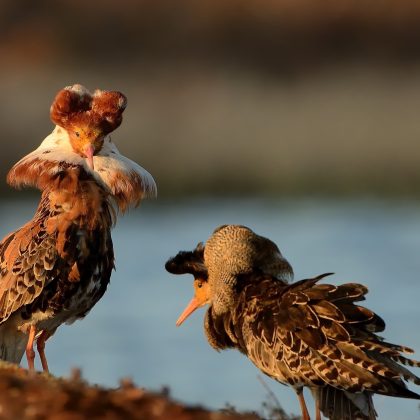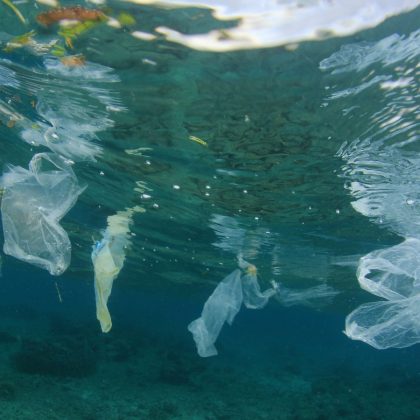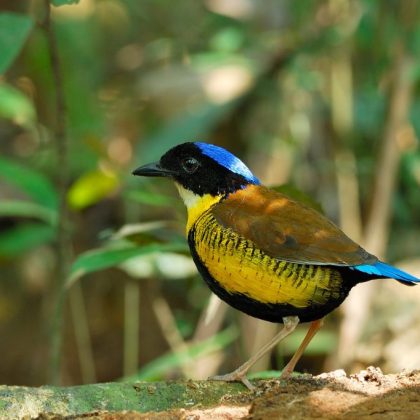Steve Fletcher and more · 18 November 2022
We are in the midst of a biodiversity, climate, and pollution crisis for which solutions are urgently needed. As the drivers of this crisis span all aspects of society, science and technology, a shift in the evidence base used to find solutions is required. We need to move beyond traditional mono-disciplinary paths if we are to achieve the scale and urgency of change needed. Yet how we define these new approaches is fraught with difficulty. As researchers, we are increasingly asked to work in transdisciplinary, interdisciplinary, multi-disciplinary, cross-cutting, cross-disciplinary or cross-curricular ways. These terms are often used synonymously and without much reference to their origins, meaning or the methodological or philosophical differences they imply. Despite these challenges, the adoption of research approaches that examine global challenges more holistically is critical.























